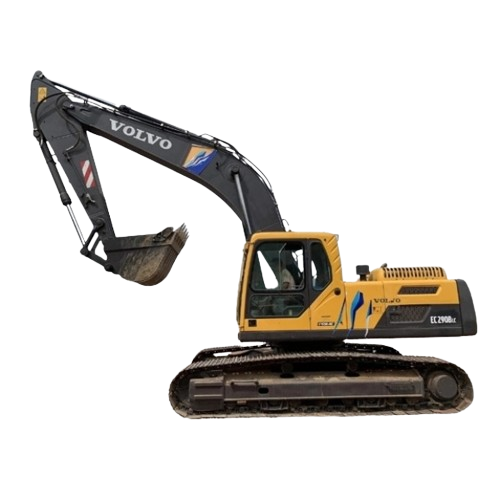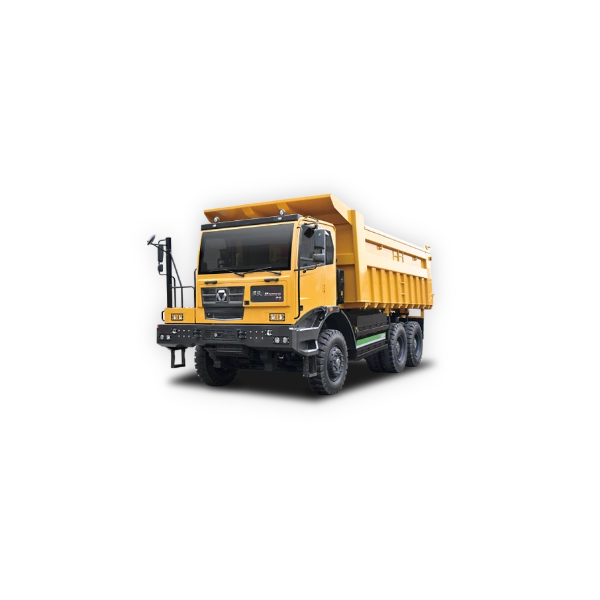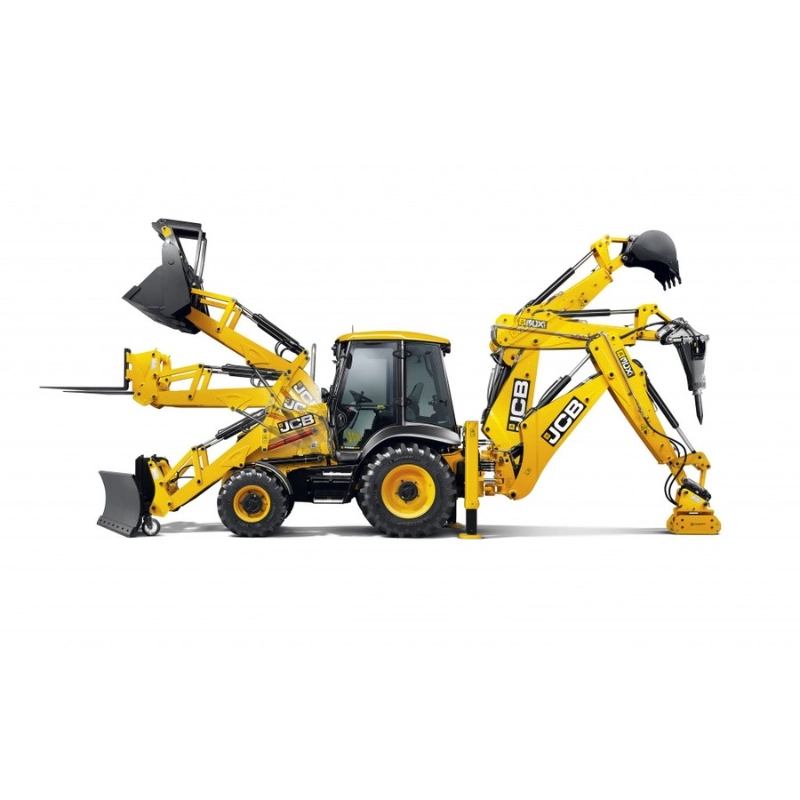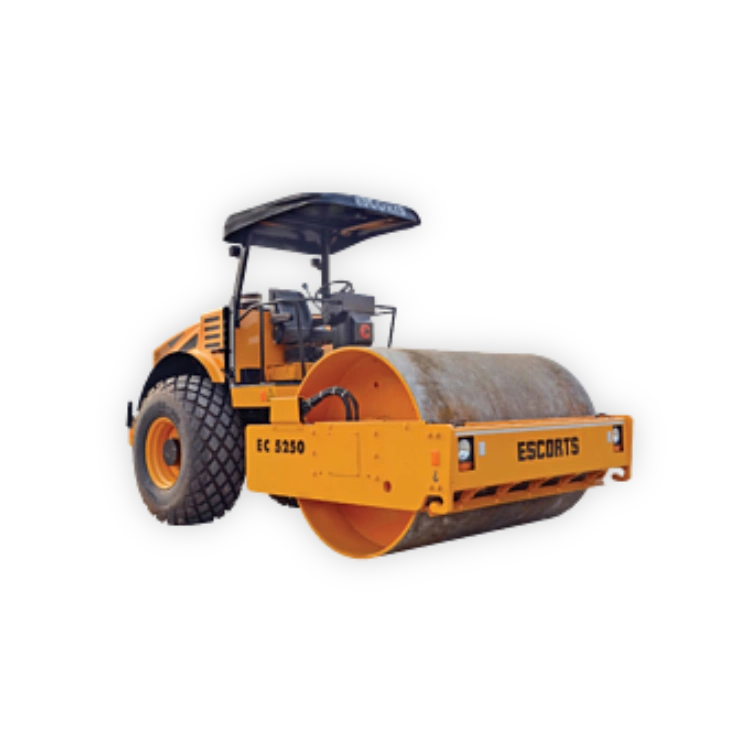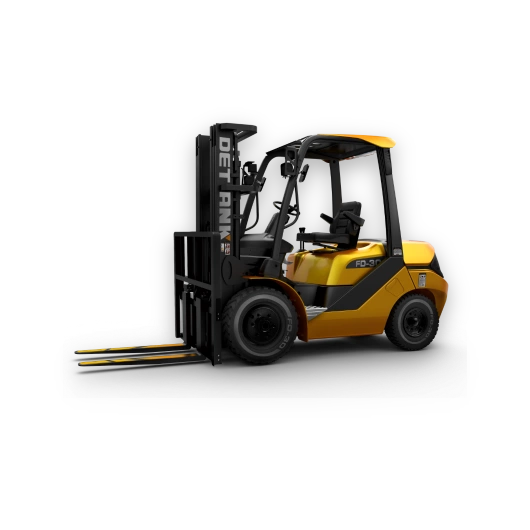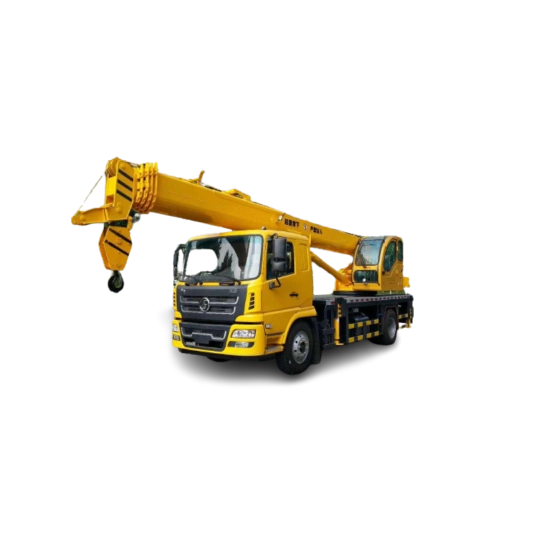Buying a second-hand excavator can be a cost-effective choice, especially if you have a limited budget but still need high-performance equipment. However, purchasing a second-hand excavator also carries some risks, as it may have been used for a long time and could have hidden faults or damage. To ensure that you get good value for your purchase, here are some key points and tips to consider:
1. Determine Your Needs and Budget
Clarify Usage: First, determine what you need the excavator for, such as earthwork, demolition, road construction, etc. Different tasks may require different models and specifications.
Set a Budget: Based on your financial situation, set a budget. Remember that in addition to the purchase price, you may also need to factor in costs for maintenance, repairs, and potential part replacements.
2. Choose the Right Brand and Model
Brand Reliability: Well-known brands excavators (such as Caterpillar, Volvo, Hitachi, Komatsu, etc.) typically offer more reliable second-hand excavators, with easier access to parts and maintenance services. Choosing a reputable brand reduces the risk of mechanical failures.
Suitable Model for the Job: Choose a model suitable for your work environment. For example, smaller excavators are better for urban or tight spaces, while larger ones are suitable for heavy-duty or mining tasks.
3. Inspect the Excavator’s Condition
Visual Inspection: Check the exterior for serious damage or corrosion, particularly on the hydraulic system, engine, and tracks. Excessive wear on the exterior may indicate internal issues.
Engine and Hydraulic System: The engine is the heart of the excavator. Check how it runs—listen for any unusual sounds, and ensure it operates smoothly. The hydraulic system should be checked for leaks, and ensure the hydraulic oil is at the proper level and quality.
Undercarriage and Tracks: Inspect the tracks for excessive wear, cracks, or other damage. Check the undercarriage to ensure smooth movement, and watch for any jerks or stuttering when moving.
Operational System: Test the controls, including the throttle, brake, and joysticks, to ensure they function smoothly. Verify that the hydraulic functions respond correctly and that the machine operates efficiently.
4. Review Maintenance History
Maintenance Records: Try to obtain the maintenance and service records for the second-hand excavator machine to understand its service history. This helps you know if the machine has received regular maintenance, if it has had major repairs, and which parts may have been replaced.
Component Replacement: Check for any replaced key components, such as the engine, hydraulic pump, or control valves. Frequent replacement of these parts could indicate ongoing issues
5. Test the Machine
Operation Test: Whenever possible, request a test run of the machine. Operating it allows you to assess how well it works, checking hydraulic responses, engine performance, steering, and any unusual sounds or vibrations.
Listen for Odd Noises or Vibrations: During the test, pay attention to any strange noises or excessive vibrations, which could indicate problems with the machine or worn-out parts.
6. Compare Prices and Market Trends
Price Comparison: Before purchase a good-condition used digger equipment, compare prices for similar models with the same usage hours and condition in the market. This will help you understand the going rate and avoid paying an inflated price.
Consider Parts and After-Sales Service: In addition to the initial purchase cost, consider the future maintenance costs, parts availability, and after-sales service. Opting for a seller with reliable service and parts availability will reduce future maintenance costs.
7. Transaction and Warranty
Contract and Warranty: Ensure that you sign a formal contract outlining the terms of the sale and the responsibilities of both parties. Some sellers may offer limited warranties or post-sale services, such as return or repair options within a certain time frame. Make sure this is clearly specified.
Third-Party Inspection: If you are unsure about the condition of the excavator, consider hiring a professional third-party inspection service to thoroughly check the machine. This can help identify potential issues before you make the purchase.





